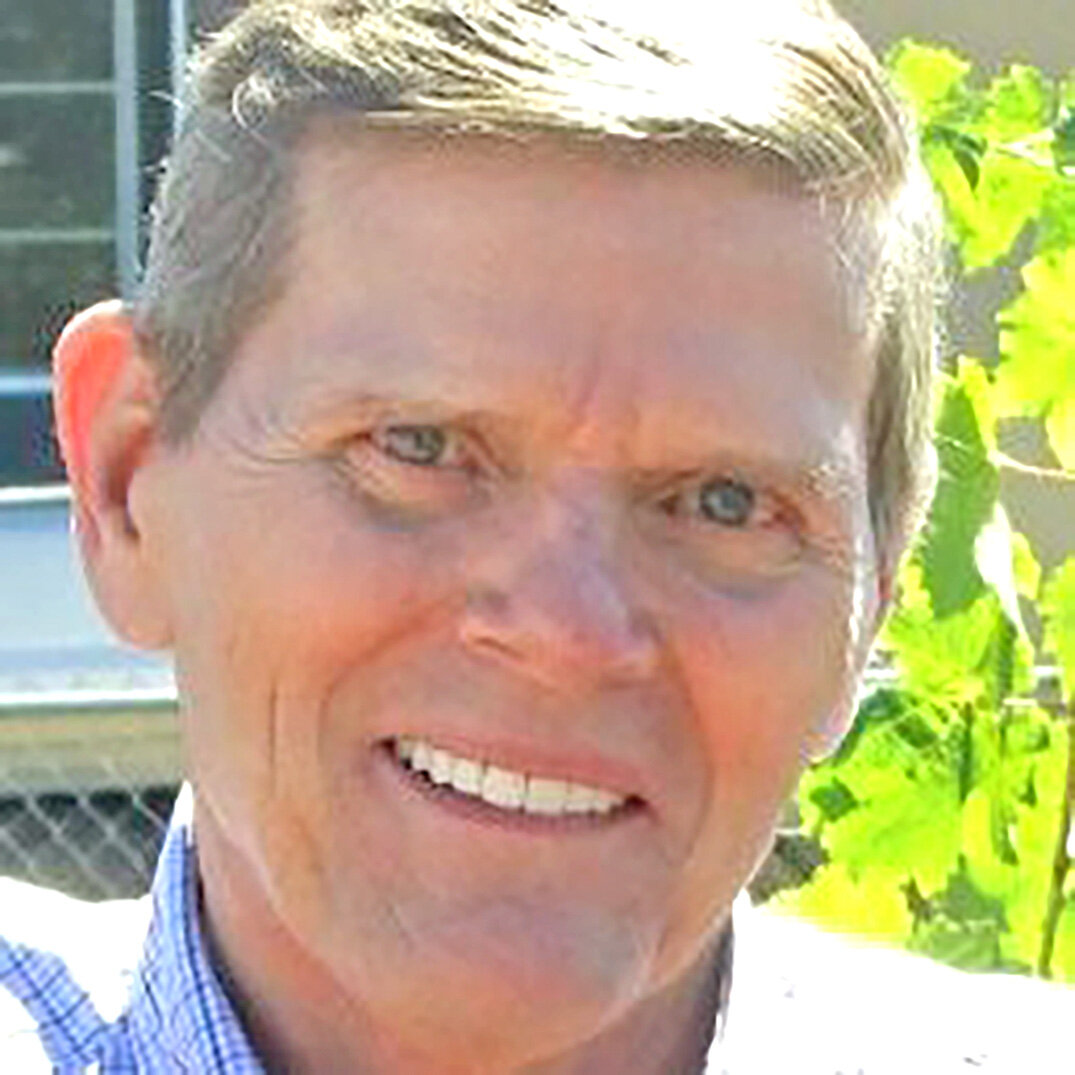Smyth: What’s happened to Delaware politics?
Joe Smyth is a former editor of the Daily State News and CEO of Independent Newsmedia, and the author of “Fixing America’s Broken Politics: Common Sense Solutions to the Issues That Divide Us.” He’s now retired, and the opinions expressed here are his own.
I got my start in journalism as a young reporter in Delaware.
Everywhere I’ve gone since then, I’ve bragged about the civility of Delaware politics. I assumed it was because Delaware was such a small state that the politicians all knew one another as human beings — not just as political enemies. They had spirited debates but always civil — listening to and trying to understand one another instead of interrupting or raising their voices.
I can remember governors like Bert Carvel, Cale Boggs, Charlie Terry and Pete du Pont working cooperatively with legislators like Doc Hoey, Allen and Nancy Cook, Sherman Tribbitt, Walt Simpson, Curt Steen, Herman Holloway, Thurman Adams, Reynolds du Pont, Gene Bookhammer, Don Isaacs, Ruth Ann Minner, Dave Buckson and many others in the opposition party — and compromising when necessary — to get things done. They put their state and their constituents above party politics.
It was distressing, then, to read the recent letter from Sen. Gerald Hocker, R-Ocean View, in which he says that, after nearly 22 years in the General Assembly mostly free of political gamesmanship, “D.C. partisanship has now entered Delaware politics.” I sure hope this doesn’t mean that Delaware’s legislature is going to follow Washington’s example and put partisan politics above what’s right for the nation.
If that’s where Delaware may be headed, the state now has a rare opportunity. The state’s Superior Court has struck down permanent absentee voting and early-voting laws for general elections. The attorney general is appealing, but Delaware’s election laws were already far too cumbersome.
Politicians probably like the way things are now, so citizens will have to band together to force changes. With enough pressure from public opinion, the politicians will follow. Here are some reforms Delawareans could consider:
- Vote-by-mail — Studies have shown that with the right kind of safeguards, mail-in ballots are perfectly secure. So, why shouldn’t every registered voter receive ballots by mail and be able to mail them back? Why should people have to drive somewhere to cast their ballot — assuming they can figure out where and if the weather isn’t too bad and if they aren’t ill that day and if they don’t mind spending on gas and adding to pollution? Isn’t it time for Delaware’s election laws to join the 21st century?
- Nonpartisan primaries — Only 48% of registered voters can vote in the Democratic primary and 28% in the Republican primary, but every taxpayer has to pay the costs of running those primaries — even the 25% of voters who choose not to belong to either of the two major parties. Because voter turnouts are so low, and some districts are “safe” for one party or the other due to gerrymandering, it’s possible for somebody to get elected because only 10% of a district’s voters controlled the primary election. Why not demand an open, nonpartisan primary in which everybody — regardless of party affiliation — can vote for any candidate they wish? This would make the election about the issues, instead of party affiliation. Voter turnouts would be higher, and candidates would have to appeal to independent voters, not just the partisans in one party or the other. The top two vote-getters — regardless of party affiliation — could advance to the general election. What could be fairer? What could be more democratic?
- Reject partisanship — Unfortunately, politicians have figured out that they can raise more money by demonizing the opposition. That’s one of the reasons politics in America has become so ugly. Voters need to take a stand. They can refuse to donate to — or refuse to vote for — politicians who attack their opponents. They can insist that candidates instead talk about where they stand on the issues. The issues! That’s why we have elections. And, if enough of us send those signals, the politicians will have to listen.
Come on, Delaware, show the rest of us that politics doesn’t have to be hateful.
Reader reactions, pro or con, are welcomed at civiltalk@iniusa.org.







